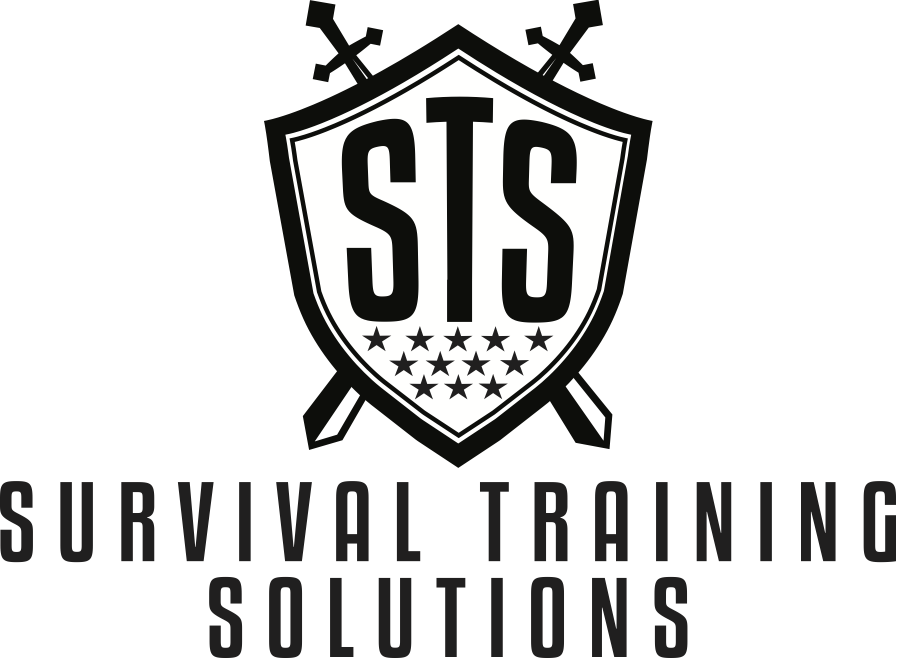Fear of the Unknown
It’s been a rough start to 2017 for US law enforcement. We lost four law enforcement professionals by felonious means in the span of the first twenty days. These statistics alone highlight the dangers and turmoil that accompanies what being a police officer means. As a police officer, every call is an opportunity to have your training and your tactics challenged. Yet, call-after-call officers respond with both duty and diligence.
This does not, however, negate fear on the part of law enforcement professionals. There is a healthy amount of fear that is associated with the career field. That fear, when properly checked, keeps officers light on their feet and aware of the fluidity of the given situation. Leaving nothing to chance, skilled officers are prepared to escalate or de-escalate their tactics as necessary.
In previous conversations I have heard it said that, “police officers know what job they are signing up for. There is a chance that they could be killed.” While there is no arguing that there does exist a real and inherent risk of threat to life being a police officer, it does not suffice to say that there should ever be an expectation, let alone an acceptance, that officers should lose their life. It’s absurd to think that those who are prepared to risk little, expect those who risk the most (in modern society) to risk it all.
Let’s face it, we all assume inherent risks each day that we roam society. That’s the reason that we wear our seat belts. It’s the reason that our vehicles are equipped with air bags. It’s also the reason why we lock our doors to our homes. These risks are ever-present and mostly unavoidable.
We live in a society where some people do bad things, whether maliciously or unintentionally. We call these people wolves. The wolf is the reason that an innocent 6 year old was shot by a 14 year old, later succumbing to his wounds, in South Carolina (Sept. 2016). It’s fair to say that the parents of every student in that school never expected that their child would be subjected to the violence of an active shooter.
The other side to that conversation is that we should not come to expect that the conduct of the wolf is normal or acceptable. Yet still, the wolf exists and wears many different cloaks. The wolf must be dealt with in order to maintain civility and integrity within society. For this reason, the police officer exists. There exists no “nice” way to deal with a violent and erratic wolf. Additionally, there exists no universal response to any, let alone all, circumstances. The truth is that someone who is willing to provoke, aggress, and fight the peacekeeper shows that they have the propensity for reckless disregard of everyone around them. Their behavior is unstable, unpredictable, and untrustworthy. They prey on the weakness of others in an attempt to increase their own personal strength.
A police officer is allowed to fear for their life. This is a matter of law and a matter of conscience. It is my opinion, that an officer who fears for his or her life ought be able to articulate that fear in more than general terms. Something that we seem to forget is that after a use-of-force incident, we have the luxury of the “frozen in time” concept. This means that we have the opportunity to dissect an event and, both literally and figuratively, press rewind. Officers involved in tense and uncertain matters are not afforded that same luxury in that moment. Officers have moments at best to make decisions that are potentially life changing for both themselves and the subject(s) that they are dealing with. No matter how much training that officers receive, one cannot account for every possible scenario. It’s simply not plausible.
As a police use-of-force trainer, my job is to shorten the distance between Orientation and Act. Police work is largely reactionary, it’s the nature of the business. The goal should be to reduce the reaction time through a variety of resources: history, experience, and training. History gives us a basis for the action that we are witnessing. Experience allows us to calculate possible resolutions or outcomes because we’ve “seen” this before. (Experience is not limited to things that we have done personally). Training allows us to condition a response based on scenarios that history, experience, and training have prepared us for.
So don’t be afraid to “fear” the unknown. It’s natural to want to know as much as we can about our adversary. Intel makes us better prepared and makes us better officers, but don’t forget to draw from your experience and train for the unseen. Mentally rehearse for the implausible. For we are shown time after time that unpreparedness (mentally and physically) is the key to demise. Let every moment, your own or otherwise, be experience. Because we learn from experience and we can never afford to stop learning.
